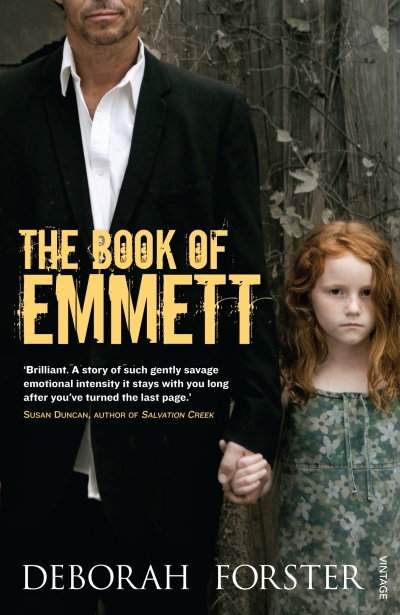Archive
And the world is fire.
And the sky wears a smoky veil.
And the bloodshot sun stares.
... (read more)‘Addio, valle di pianti’ –
These the composer’s plainchant words
No librettist dare rewrite
At using up imprisoned air
To sing like miners’ warning birds
Inside the sunless atmosphere
Of Eros and eternal night,
Amneris concertante.
... (read more)the gardens dyed silver. finally he was
less keen like an eaten bird, it wasnt my thing
the path diverged off course to a camp.
you were willing to grow a pomegranate inside.
here they were gods people with their quiet domestics,
the redheads were nicer however. the pram, was full with a baby,
‘dreaming’ of white museums. & white art.
... (read more)Dear Editor,
This is a note to congratulate you on the quality of the latest Calibre Prize essays, by Jane Goodall and Kevin Brophy, in the April edition of ABR. The two pieces maintain the incredibly high standards of the Prize, of which I was honoured to be an inaugural judge.
... (read more)Jacqueline Kent chooses the most interesting biographical subjects. Her first was Beatrice Davis, doyenne of Australian book editors. A Certain Style: Beatrice Davis, A Literary Life won the National Biography Award in 2002. Next came An Exacting Heart: The Story of Hephzibah Menuhin (2008). Now we read with interest that she is writing the biography of Julia Gillard, the deputy prime minister.
... (read more)When the National Portrait Gallery (NPG) opened in Canberra last December, more thoughtfulness was evident in its bookshop than the hang. The volumes are arranged by subject and in alphabetical order: the images accord to no principle beyond décor. Here are five writers; there, four scientists. The randomness of the whole embodies a culture of distraction. The root of this muddle is an evasion of whether the Gallery is to be guided by aesthetics or museology. The want of clarity is compounded by concern among staff not to be identified with a history museum.
... (read more)This year sees the bicentenary of Darwin’s birth and the one hundred and fiftieth anniversary of the publication of his On the Origin of Species. It also sees the two hundred and fiftieth anniversary of the birth of Robert Burns (1759–96). The media have been full of the Darwin anniversaries, but we have heard rather less about Burns, at least in Australia. Yet Burns is arguably as important as Darwin in our cultural formation.
... (read more)Baz Luhrmann’s epic film Australia may not have won any Oscars or attracted hordes of overseas tourists, but it has had at least one positive outcome. HarperCollins reissued Xavier Herbert’s equally epic Capricornia (1938), one of many acknowledged influences on the film, another being Herbert’s even longer novel, Poor Fellow My Country (1975). While visiting New Zealand recently, I was delighted to see the handsome new edition of one of Australia’s greatest novels prominently displayed in bookshops.
... (read more)

